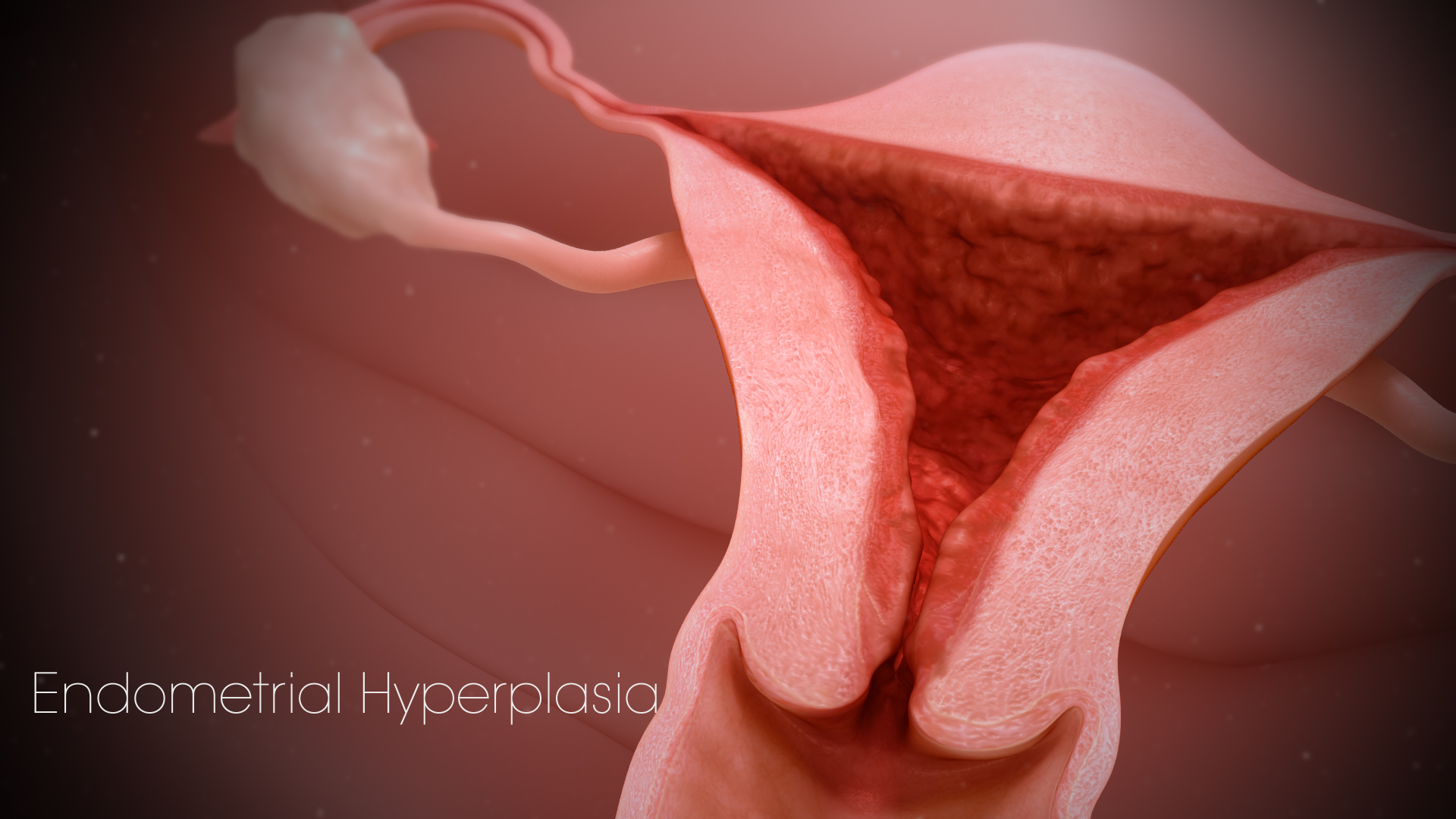In endometriosis, at the time of menses, some of the endometrial fluid leaks into the body and begins to implant in the surrounding pelvic regions like the bladder and rectum or the ovaries, fallopian tubes, and ligaments.
It becomes distressing to live with aberrant implants inside the body which bleed inside and cause not just painful periods and infertility, but also painful ovulation, pain during or after sex, chronic pelvic pain and fatigue. Surgery works for some young women, while medication works for others. Some women need a combination of both. Certain lifestyle changes can be helpful in combating the discomfort caused by the disease:
Be prepared for the cycle
Wind up all extra work before that distressing time of the month so that you’re able to allow yourself some rest. Finish the laundry, prepare meals beforehand and store them in the freezer, clean the house well and try to keep everything ready, handy and within the reach. Also, cut down on the outdoor activities such as meetings and shopping to avoid the build-up of any extra pressure.
Exercise/ Practice yoga
High intensity physical activities have been shown to reduce ovarian stimulation and estrogen production in women. Exercise and physiotherapy potentially strengthen the pelvic floor muscles, bring down pain, and also relieve stress and anxiety. Gentle exercises or Pilates even after surgery can help the body get back into shape.
Eat healthy meals throughout the day
Because symptoms of endometriosis are associated with too much estrogen, minimising foods that encourage estrogen production can help alleviate symptoms. This means removing dairy products, even of the low fat variety, increasing fiber intake, and minimising fats. Fatty foods raise the level of prostaglandins, which cause higher production of estrogen, leading to the growth of endometrial tissue.
So gorge on green vegetables and fruits as much as possible. Stock the fridge with washed, precut veggies and fruit bowls so that there is no way you grab an unhealthy snack.
Sleep for 8-9 hours each night
A good night’s sleep is as vital as a proper diet and regular exercise. This is because sleep deprivation affects normal hormonal and metabolic functions and can, therefore, result in inflammation and pain. If sleeping is a difficulty, try remedies like a cup of chamomile tea, or aromatherapy or establish a regular, relaxing bedtime routine such as soaking in the bath, reading or listening to soothing music.
Some tips for sleeping well are:
- Maintain a wake time schedule
- Use a comfortable pillow and avoid changing the mattress often
- Create a sleep-conducive environment that is dark, quiet, comfortable, cool and free from work material and digital gadgets
- Avoid nicotine, caffeine and alcohol intake before going to bed
Heat helps
Let a hot water bottle or a heated wheat bag come to the rescue or indulge in a hot bath when that excruciating pain strikes. Refraining from stress is also effective and highly beneficial.
Acupuncture and Chinese herbs
The traditional Chinese system of diagnosis can be used to address the underlying energetic imbalances within your body. The Chinese herbs, although can be taken on their own to great effect, are usually prescribed to work in conjunction with the acupuncture treatment. Acupuncture is excellent for managing pain, and the treatment is tailored according to the individual taking it.
Take vitamin and zinc supplements
Zinc citrate or chelated zinc is advised because of its anti-inflammatory effects. It does so by reducing the release of histamine and leukotriene from cells during the inflammatory process.
Vitamin E inhibits the production of prostaglandins, which are involved in the inflammatory process. The non-yeast forms of vitamins B1, B6 and B12 together have an anti-inflammatory effect too, and Vitamin C with bioflavonoids and peptidases also reduce inflammation and help the immune system.
Continuous oral contraceptives
oral contraceptive pills suppress menstruation, so regular consumption of them may be a good symptomatic treatment for women who continually experience painful periods. However, in some women, their side effects such as weight gain, depression or headaches turn out to be problematic.
Take shelter in the painkillers
NSAIDs like Ibuprofen, Voltarol, and Ponstan (mefenamic acid) block the production of prostaglandins in the body and, therefore, bring down pain and inflammation. They also enhance the contraction of the uterus during periods and help with the shedding of the temporary endometrial tissue. It is believed that women with endometriosis produce more prostaglandins those not suffering from the condition.
Gather information
If you notice any signs of endometriosis, consult your doctor. If you have been diagnosed, learn what you can about it. Know how your body’s cycle works and get familiar with the common medical terms related to endometriosis. It’s important to stay informed.









